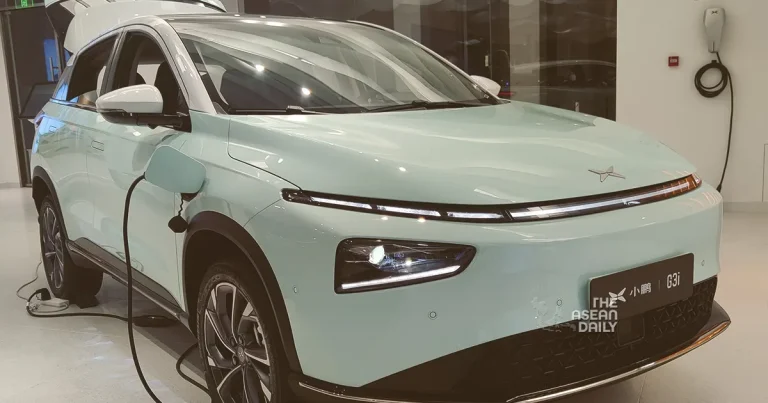4-10-2024 (BRUSSELS) The European Union stands at a crossroads as its members prepare to cast a decisive vote on Friday regarding the imposition of hefty tariffs on Chinese-made electric vehicles (EVs). This high-stakes decision could see import duties soar to as much as 45%, marking the EU’s most significant trade case in recent memory and potentially triggering retaliation from Beijing.
The European Commission, the body overseeing the bloc’s trade policy, has proposed these final duties following a year-long anti-subsidy investigation. The tariffs, if approved, would be implemented for the next five years to counteract what the Commission perceives as unfair Chinese subsidies in the EV sector.
Under current EU regulations, the Commission has the authority to enforce these tariffs unless a qualified majority of 15 EU countries, representing 65% of the EU’s population, votes against the proposal. Recent reports suggest that France, Greece, Italy, and Poland are poised to support the tariffs, likely preventing a blocking majority.
However, the EU’s economic powerhouse, Germany, has announced its intention to vote against the tariffs. This stance is particularly noteworthy given that German carmakers, for whom China represents nearly a third of their sales, have been vocal opponents of the proposed measures. Volkswagen, a major player in the automotive industry, has dismissed the tariffs as “the wrong approach”.
Spain, previously supportive of the tariffs, has shifted its position. In a letter to European Commission Vice President Valdis Dombrovskis, the Spanish economy minister advocated for continued negotiations rather than immediate tariff implementation. The letter suggested exploring alternative solutions, such as striking a deal on prices and relocating battery production to the EU.
The potential for Chinese retaliation looms large over the decision. Beijing has already launched investigations into EU brandy, dairy, and pork product imports, moves widely interpreted as retaliatory measures. This has led to nervousness among some EU members about the potential economic consequences of imposing tariffs.
Despite these concerns, the EU’s overall stance towards China has hardened in recent years. The bloc now views China as a potential partner in some areas, but also as a competitor and systemic rival in others.
The Commission argues that China’s excess EV production capacity of 3 million units per year, which needs to be exported, is twice the size of the EU market. With the United States and Canada imposing 100% tariffs on Chinese EVs, Europe appears to be the most obvious destination for this surplus.
While pushing for tariffs, the EU executive has expressed willingness to continue negotiations with China for alternative solutions. This includes the possibility of re-examining a price undertaking, which would involve setting a minimum import price and potentially a volume cap for Chinese EVs.




